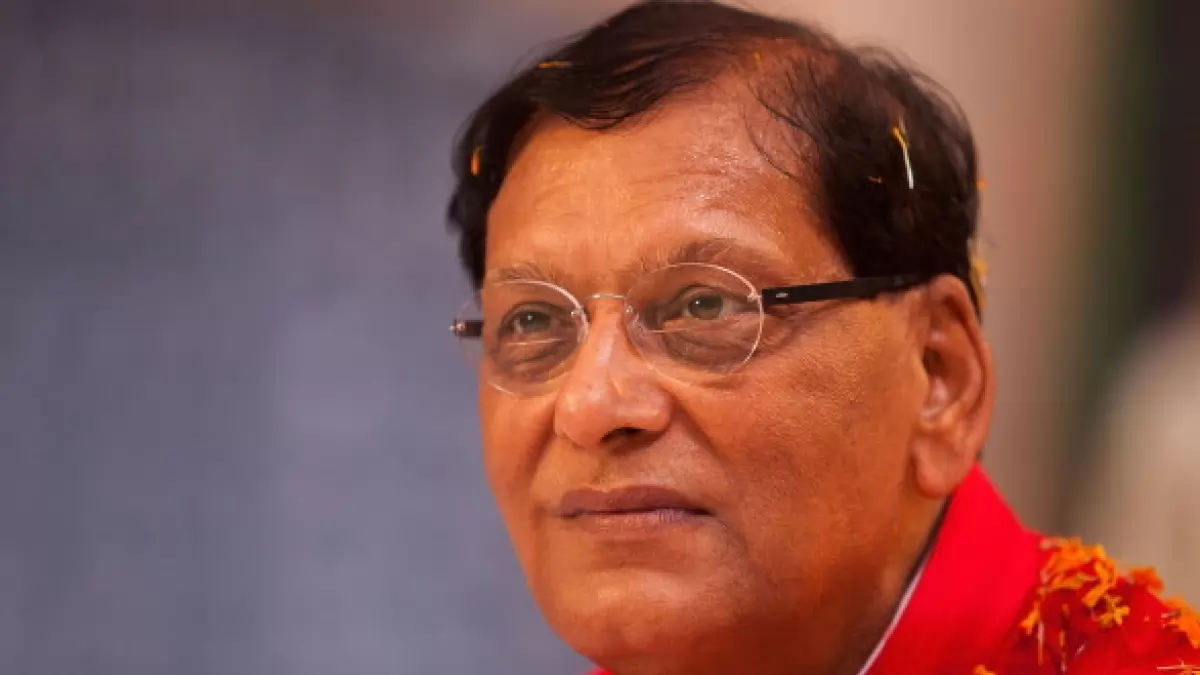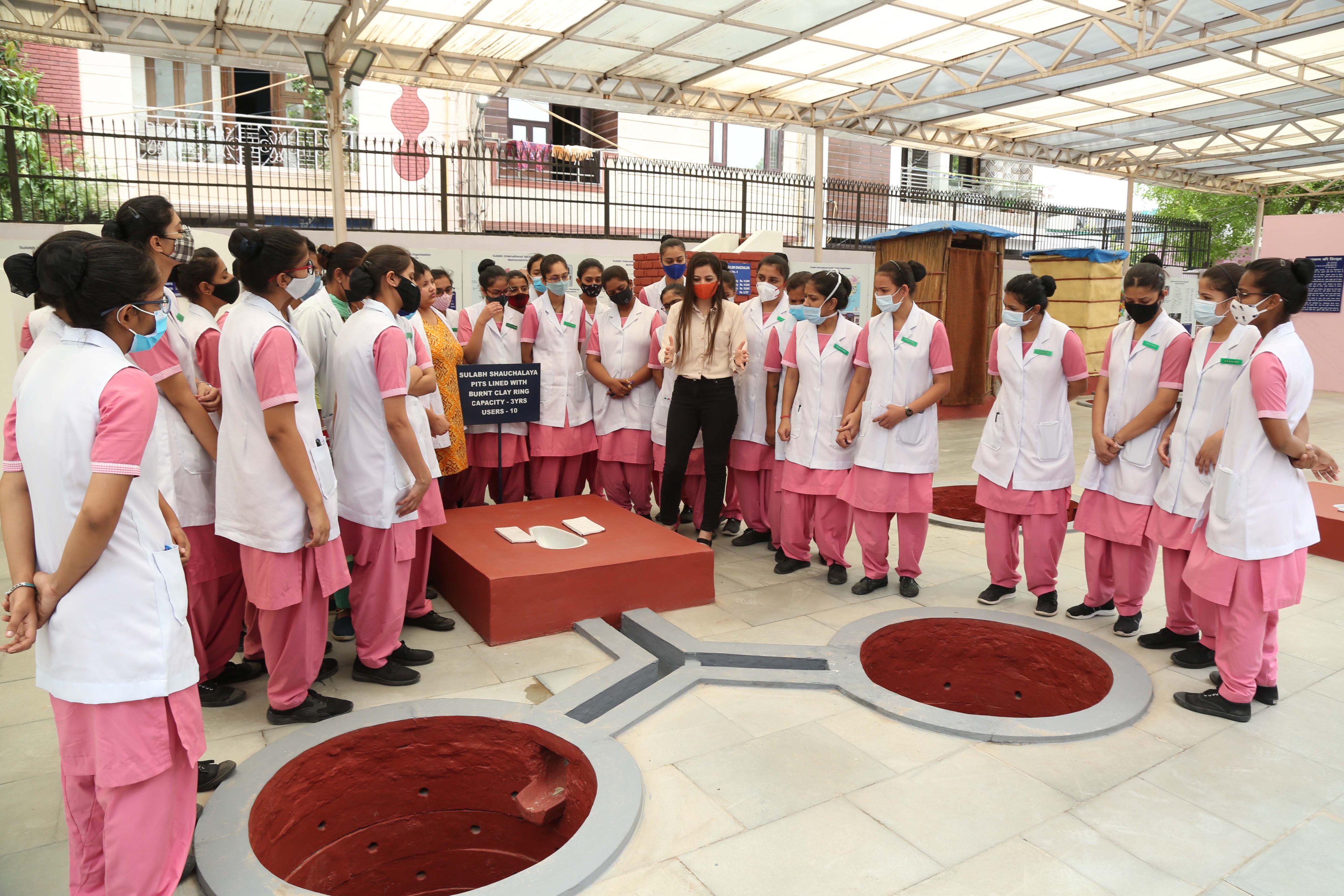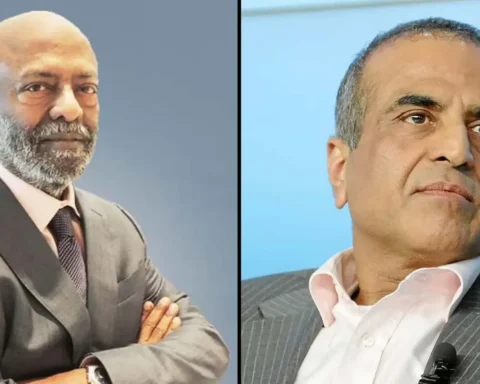A Pioneer in Public Sanitation
Bindeshwar Pathak, famously known as the “Toilet Man of India,” was a trailblazing social reformer whose life’s work has been transformative for millions. Sadly, at 80, Pathak passed away following a cardiac arrest. He leaves behind a legacy that revolutionized public sanitation in India and uplifted marginalized communities.
Bindeshwar Pathak: Early Life
Born into a Brahmin family in the village of Rampur Baghel in the Vaishali district of Bihar, Pathak’s early life was simple-going. After college and a few odd jobs, his path took a defining turn in 1968 when he joined the Bhangi-Mukti (scavengers’ liberation) cell of the Bihar Gandhi Centenary Celebrations Committee. During this period, Pathak was deeply moved by the plight of scavengers in India. This experience shaped his resolve to devote his life to the upliftment of this marginalized group, adopting Mahatma Gandhi’s sanitation and social equality values as his guiding force.
A Life of Monumental Achievements

Pathak founded Sulabh International in 1970, quickly becoming synonymous with public toilets and activism against open defecation. Today, Sulabh operates over 9,000 community public complexes across 1,600 towns in India, reporting a turnover of Rs 490 crore in fiscal 2020. Beyond sanitation, Pathak’s Sulabh has set up vocational training institutes and an English medium school in Delhi for children of manual scavengers. He supported abandoned widows in Vrindavan and established a globally unique Museum of Toilets in Delhi.
The Sulabh Sauchalaya Concept: A Three-Pronged Revolution

1. Providing Sanitation and Health
The Sulabh Sauchalaya, or Sulabh toilet system, is a simple, two-pit, pour-flush model. It is affordable, environmentally friendly, and culturally acceptable. The system has sweepingly decreased the spread of waterborne diseases by eliminating open defecation and improving overall community health. Additionally, it liberated thousands from the demeaning and hazardous job of manual scavenging.
2. Generating Employment
Sulabh didn’t just stop providing sanitation; it created an ecosystem for employment. The organization stands strong, with thousands of employees who maintain its facilities. Many of these employees are former scavengers or their children, whom Sulabh trains and employs, thus providing them with reliable and sustainable work. Moreover, Sulabh’s vocational training centers provide courses in a variety of trades, giving people—especially those from disadvantaged backgrounds—the skills they need to find productive employment.
3. Sulabh Sauchalaya: A Cycle of Sustainability
A defining feature of the Sulabh Sauchalaya concept is its progressive approach to human waste. Rather than viewing urine and feces as waste, Sulabh’s system collects and transforms them into valuable resources, revolutionizing sanitation practices and fostering sustainable development. Below are the three important prongs of this ingenious system:
Fertilizer:
When one pit of a Sulabh toilet becomes full, it is closed off and left to dry while the second pit is used. The closure and rest period allows the contents to decompose naturally. Pathogens are eliminated during this process, rendering the waste safe to handle. This dried waste, now transformed, becomes a nutrient-rich fertilizer. It contains vital nutrients like nitrogen, phosphorus, and potassium essential for plant growth. By reintroducing these nutrients into the soil, the cycle of life continues, turning what was once considered ‘waste’ into a boon for agriculture.
Bio-Gas Production:
Sulabh’s innovative technology extends beyond sanitation to energy production. The organization has developed biogas plants linked with public toilets. Human waste collected in these plants undergoes anaerobic digestion—a process in which microorganisms break down biodegradable material without oxygen. This produces biogas, a mixture of methane and carbon dioxide. This environment-friendly, renewable energy source can be used for cooking, heating, and electricity production. It is a better alternative to fossil fuels, reducing the strain on limited natural resources and decreasing greenhouse gas emissions.
Manure from Slurry:
The slurry left over from the biogas production process is not discarded. Instead, it undergoes further treatment to eliminate any remaining pathogens and is processed into rich, organic manure. This manure is an amazing soil conditioner that adds organic matter to the soil, water-holding capacity, and fertility. It represents Sulabh’s commitment to a complete waste-to-resource cycle, where every byproduct of the system is utilized effectively.
This holistic approach, pioneered by Sulabh Sauchalaya, symbolizes a sustainable and circular economy model. It brilliantly converts a public health challenge into an eco-friendly solution, showing how sanitation, energy, and agriculture can be seamlessly and sustainably integrated.
A Legacy That Lives On

Bindeshwar Pathak’s vision extended far beyond the toilet. He saw sanitation and hygiene as a tool for broader social change. His work was often met with ridicule, including from his own family, but Pathak was undeterred. He recalled how his father-in-law felt his daughter’s life was ruined, as he couldn’t openly share what his son-in-law did for a living.
Despite these personal and societal challenges, Pathak’s work through Sulabh International has achieved recognition both nationally and internationally. He received the Padma Bhushan, one of India’s highest civilian honors, in recognition of his commendable service in the field of social work.
Bindeshwar Pathak was more than just the “Toilet Man of India”; he was a visionary social reformer who dedicated his life to serving the marginalized. His innovative Sulabh Sauchalaya concept not only revolutionized sanitation in India but also offered comprehensive solutions to public health, employment, and environmental sustainability. As Pathak is laid to rest, his legacy as a champion for the dignity and health of millions of lives on.












